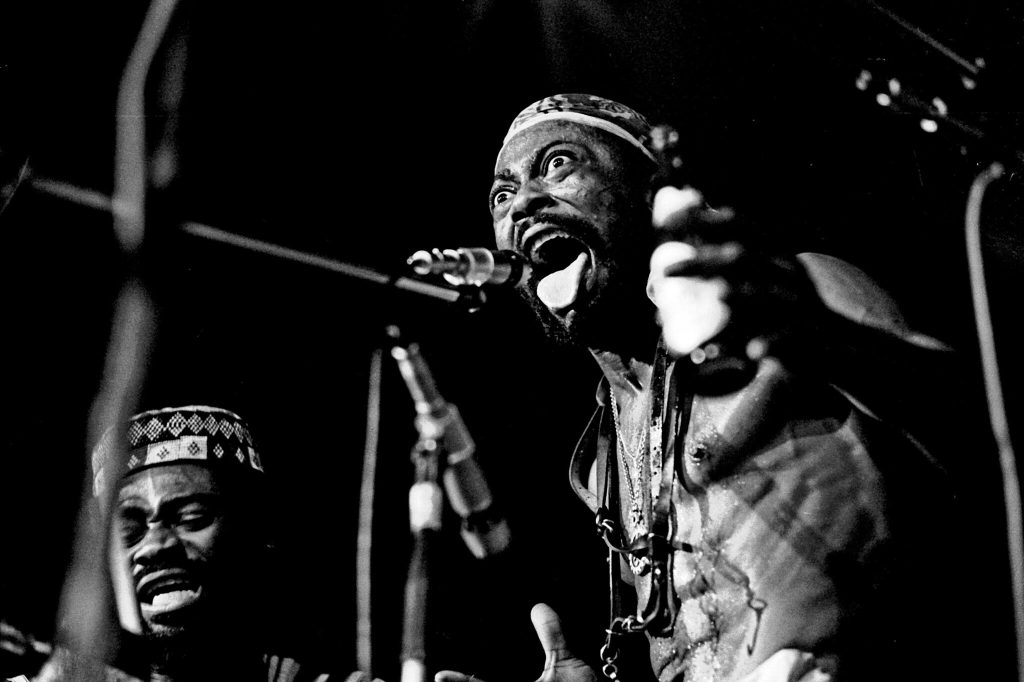Afro-Rock Pioneer Teddy Osei (Osibisa) Passes Away

With sadness, we report the passing of Teddy Osei, founder and frontman of the legendary band Osibisa. Born in Ghana, Osei founded Osibisa in London in 1969 alongside other African and Caribbean musicians. The band created a unique sound that fused African rhythms, highlife, rock, and different styles. This ‘Afro-rock’ fusion made them pioneers who enriched pop music with fresh and exciting influences.
Osibisa means ‘crossing rhythms that explode with happiness’ in Akan, Osei’s native language. This sentiment characterizes their music. Infectious songs like “Sunshine Day,” “Welcome Home,” and “The Coffee Song,” sung in multiple languages, radiated joy and pride in African roots. The 1971 album “Woyaya,” whose title means ‘We are going for it,’ sounded like a call to the African diaspora to reconnect with their cultural roots. Osibisa was not only musically groundbreaking but also conveyed a message of empowerment.
Osei’s journey began humbly, with a fascination for highlife, calypso, and jazz. A scholarship brought him to London in 1962, where he started Osibisa. Live shows, such as those at the Royal Albert Hall and the Marquee Club, became legendary. Stages came alive with an explosion of African rhythms and costumes.
Although the lineup changed over the years, the band remained musically adventurous and culturally relevant under Osei’s leadership. Osibisa became ambassadors of African music, inspiring many young artists.
Sadly, Osei passed away shortly after a few other original members, including Mac Tontoh and Sol Amarfio. However, their legacy is undeniable. The revival of Afrobeat, the mainstream acceptance of African influences, and the confidence of young Afro-artists still echo Osibisa’s pioneering work.
The Netherlands held a special connection with Osibisa. Former conga player Kofi Ayivor had lived there since the 1980s. Singer Desiree Heslop (Princess) began her career with the band. Additionally, Osibisa contributed percussion to a Uriah Heep album in 1971. Despite these connections, the band remains less known in the Netherlands than they deserve.
As we remember Teddy Osei, we also honour Osibisa’s unique contribution to pop music. They reminded us that, in Osei’s words, ‘when the music stops, the melody lives on.’ Osei passed away in London at the age of 88.




